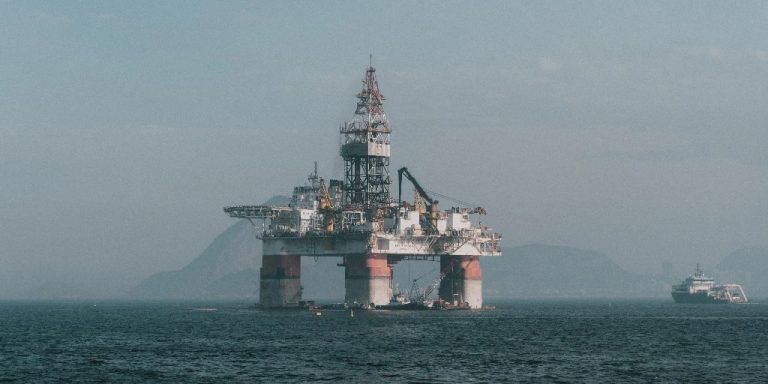Vijay Jayaraj
South American countries are increasingly reorienting their energy strategies to tap offshore oil and gas reserves, marking a significant shift from previously stated goals of reducing dependence on fossil fuels to satisfy those obsessed with a false climate emergency. Net zero agenda.
This disparity reflects the region's urgent need to address economic challenges, including poverty, unemployment and the need for sustainable revenue sources to fund social programs and infrastructure development.
Countries such as Brazil, Guyana and Argentina are spearheading new deals and projects aimed at boosting exploration within their maritime borders. These efforts are not just speculative but feasible. They represent concrete steps backed by significant investment by international energy majors seeking to capitalize on the region's vast offshore potential. The economic imperative driving this recovery cannot be overstated.
Brazilian state holding Petrobras plans to invest $6 billion over the next five years to discover about 10 billion barrels of new deposits, which could nearly double existing reserves. The company's focus on pre-salt basins has resulted in major discoveries, including the Buzios field, considered one of the world's most productive offshore fields.
Guyana's transformation into an oil powerhouse has been remarkable since ExxonMobil discovered massive oil reserves in the Stabroek block, which is estimated to contain more than 11 billion barrels of recoverable oil.
The consortium led by ExxonMobil began producing the Stabroek block in 2019 and currently produces about 650,000 barrels of oil per day through three production platforms. Production has been growing steadily and is expected to soon reach 1.4 million barrels per day as new discoveries continue to be made.
Driven primarily by oil revenues, Guyana's GDP has soared, with growth expected to be 34% in 2024. Is impossible gold.
The Argentine government is seeking to develop its vast oil reserves, particularly the Vaca Muerta field. The country is eager to diversify its energy portfolio and reduce its reliance on imported energy, especially given ongoing economic challenges, including high inflation, debt and a weak currency.
Argentina has the world's second-largest shale gas field and fourth-largest shale oil reserves, with huge potential. Argentina's national energy company YPF announced its cooperation with international giants such as Equinor and Shell to explore untapped reserves in the Argentine Sea.
The Fénix project in Tierra del Fuego is particularly noteworthy, with peak production of approximately 10 million cubic meters of natural gas per day; it promises to transform Argentina into a net exporter of natural gas. The new oil and gas law currently under discussion is aimed at attracting foreign investment into the industry, signaling a shift toward prioritizing fossil fuels amid economic turmoil.
Venezuela, another struggling economy, has agreed to a 20-year gas production and exploration deal with British multinational BP and Trinidad. The Cocuina gas field off the coast of Venezuela is expected to produce 400 million cubic feet per day and will bring in significant revenue.
Latin America is likely to play a key role in the global energy landscape as it taps into fossil fuel reserves. Rising production could reshape international dynamics as new sources offset declining output from traditional producers
South America has long faced socioeconomic challenges, including high poverty rates and unstable economic growth. Offshore oil and gas reserves are valuable resources that have lifted millions of people out of poverty, and their development is an integral strategy.
Growing oil and gas revenues are more attractive than net zero’s dreary path toward social disaster for the sake of virtue signaling. They offer attractive funding prospects for strengthening state budgets, creating jobs and stimulating broader economic growth.
This review was first published on BizPac Reviews August 27, 2024.
Vijay Jayaraj is a scientific research assistant carbon monoxide2 allianceArlington, VA. he He holds a master's degree in environmental science from the University of East Anglia and a postgraduate degree in energy management from Robert Gordon University in the UK, as well as a bachelor's degree in engineering from Anna University in India.
Relevant
